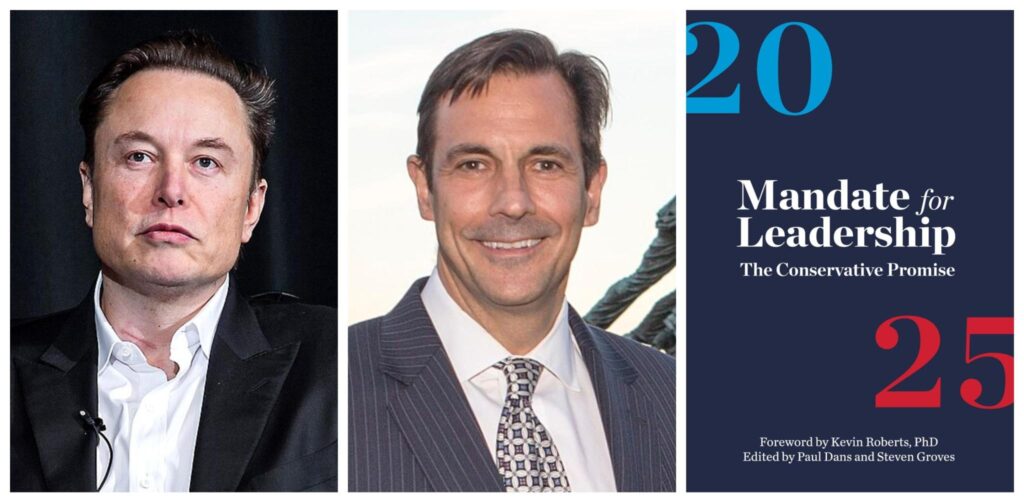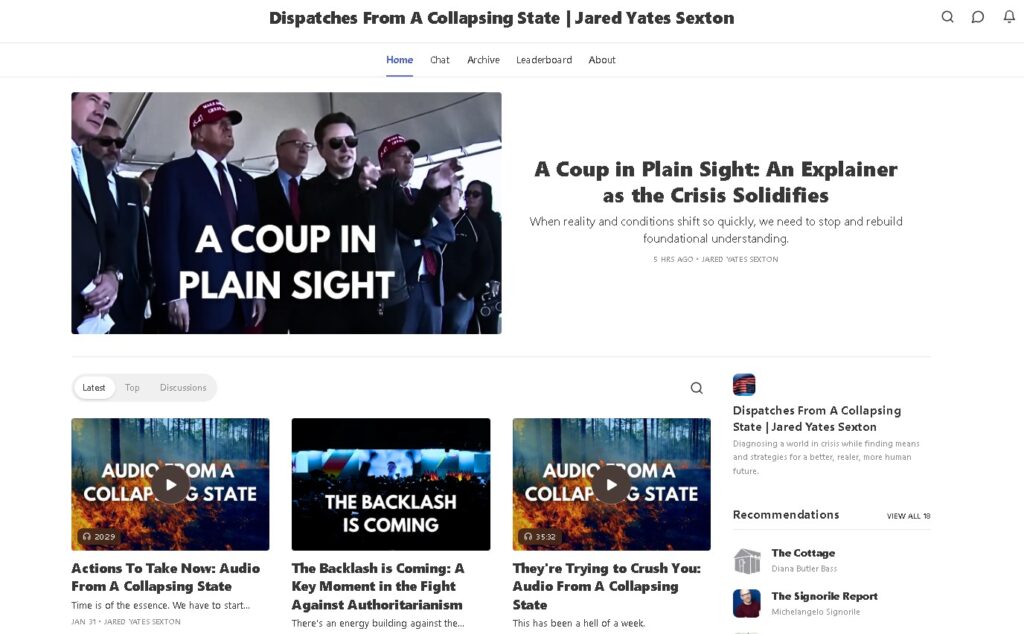DesmogBlog was contacted this month by Nature – the most prestigious science journal in the world – about our latest posting on the Deep Space Climate Observatory.
It seems their editors were interested in the news we broke that the Air Force was considering launching this $100 million mothballed spacecraft – minus the Earth observing instruments.
Last week they published an 800 word article based on information we provided to them about this bizarre story.
Alas, our extensive research on the DSCOVR mission was not mentioned in the Nature article, but such is the lot of a blogger.
More importantly, the exposure provided by this piece in one of the premier journals in the world will hopefully light a fire under NASA to not to kill this vital mission.
According to Nature, NASA “is now in talks with the National Oceanic and Atmospheric Administration (NOAA) and the US Air Force about finally getting the probe off the ground. But the negotiations might mean that the spacecraft loses its Earth-observing instruments and instead goes into orbit with a remit to stare only at the Sun. An Earth-observing satellite that can see the whole planet is described as ‘crucial’ to climate research.”
Lead researchers pull no punches when asked about the idiotic idea of blinding the spacecraft by removing the Earth observing instruments prior to launch.
“Stripping the two Earth-monitoring systems from DSCOVR to save money is an “appalling” idea, says Francisco Valero, the mission’s principal investigator at the Scripps Institution of Oceanography in La Jolla, California.”
The piece goes on to describe the unique perspective that DSCOVR would provide researchers studying climate change.
“Satellites in low-Earth orbit make similar energy measurements but can observe only small sections of Earth at a time. DSCOVR would offer a “global, rather than myopic, perspective of the planet”, Valero says. One of its Earth-monitoring instruments, a spectroradiometer, would indirectly measure variables such as ozone levels, aerosols, cloud thickness and water vapour. The other, a radiometer, would measure reflected and emitted radiation for the whole planet.”
However the clock is ticking on saving this mission from powerful people that want to destroy the spacecraft. Many scientists are starting to publicly voice their support for this critical mission and the data it would provide from vantage of Lagrangian point L1, one million miles away.
“In March 2008, the Ernst Strüngmann Foundation in Frankfurt, Germany, held an invitation-only forum for 44 top climate scientists. Many participants, none of whom was directly involved with DSCOVR, agreed that satellite observations of Earth from L-1 are essential for assessing changes in cloud cover and climate.”
We at Desmog Blog will continue to rake up more muck on this incredible story, and it seems like we are getting somewhere. Our last posting on DSCOVR was read an incredible 32,000 times.
Subscribe to our newsletter
Stay up to date with DeSmog news and alerts







